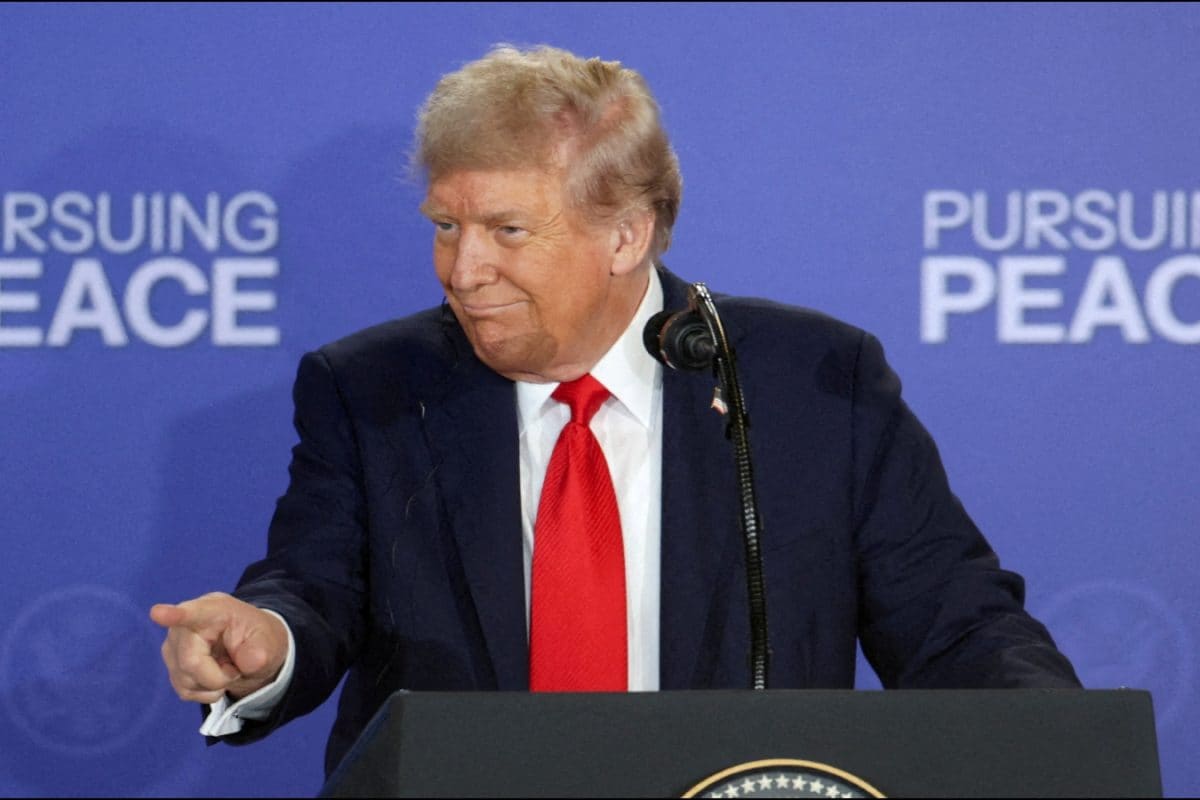

Following a summit in Alaska, President Donald Trump has seemingly shifted his stance on the Russia-Ukraine war, now advocating for an immediate peace agreement rather than a ceasefire, a move that aligns him closer with Russian President Vladimir Putin. This marks a departure from the long-held U.S. position, supported by Ukraine and European allies, that a ceasefire is a prerequisite for any negotiations.
Trump's announcement came after nearly three hours of discussions with Putin in Anchorage on Friday. While both leaders described the talks as "very productive," no concrete deal was reached. Trump stated that numerous points were agreed upon but acknowledged that "one or two pretty significant items" remained unresolved. He placed the onus on Ukrainian President Volodymyr Zelenskyy to finalize a peace agreement, suggesting that European nations should also increase their involvement.
Zelenskyy, who has insisted on a ceasefire before negotiations, is scheduled to visit Washington to discuss the summit with Trump. Trump mentioned the possibility of another meeting with Putin, contingent on positive progress.
India has welcomed the Alaska summit between Trump and Putin, calling their efforts "highly commendable" in the pursuit of peace. The Ministry of External Affairs (MEA) released a statement appreciating the progress made during the talks and emphasizing the importance of dialogue and diplomacy in resolving the conflict. "The way forward can only be through dialogue and diplomacy. The world wants to see an early end to the conflict in Ukraine," the MEA stated.
The shift in Trump's stance has raised concerns among European officials, who initially expressed optimism that the U.S. was aligning with their position. Putin has consistently rejected ceasefire calls, favoring lengthy negotiations for a final peace deal, which Ukraine and its allies view as a tactic to consolidate Russian gains.
Trump's apparent softening towards Russia comes amid ongoing economic pressure tactics, including a recent decision to implement a 50% tariff on India's exports to the U.S., citing India's oil trade with Russia. Trump has claimed that these tariffs have led Russia to lose India as a major oil client. However, following the summit, Trump suggested he might postpone implementing secondary sanctions on Russia and its trade partners, offering potential relief to India. He stated he would consider the question of penalty tariffs on Russian oil in "two or three weeks," potentially after the August 27 deadline.